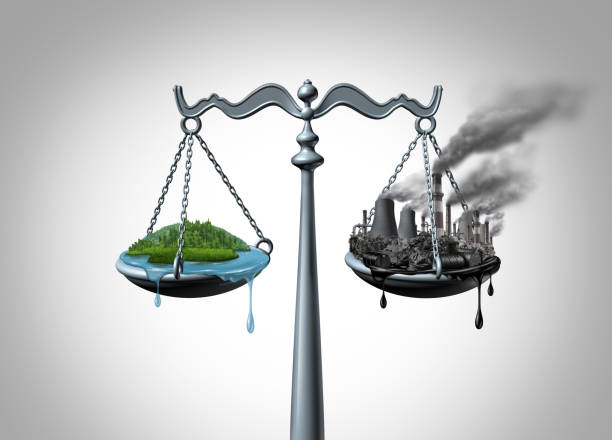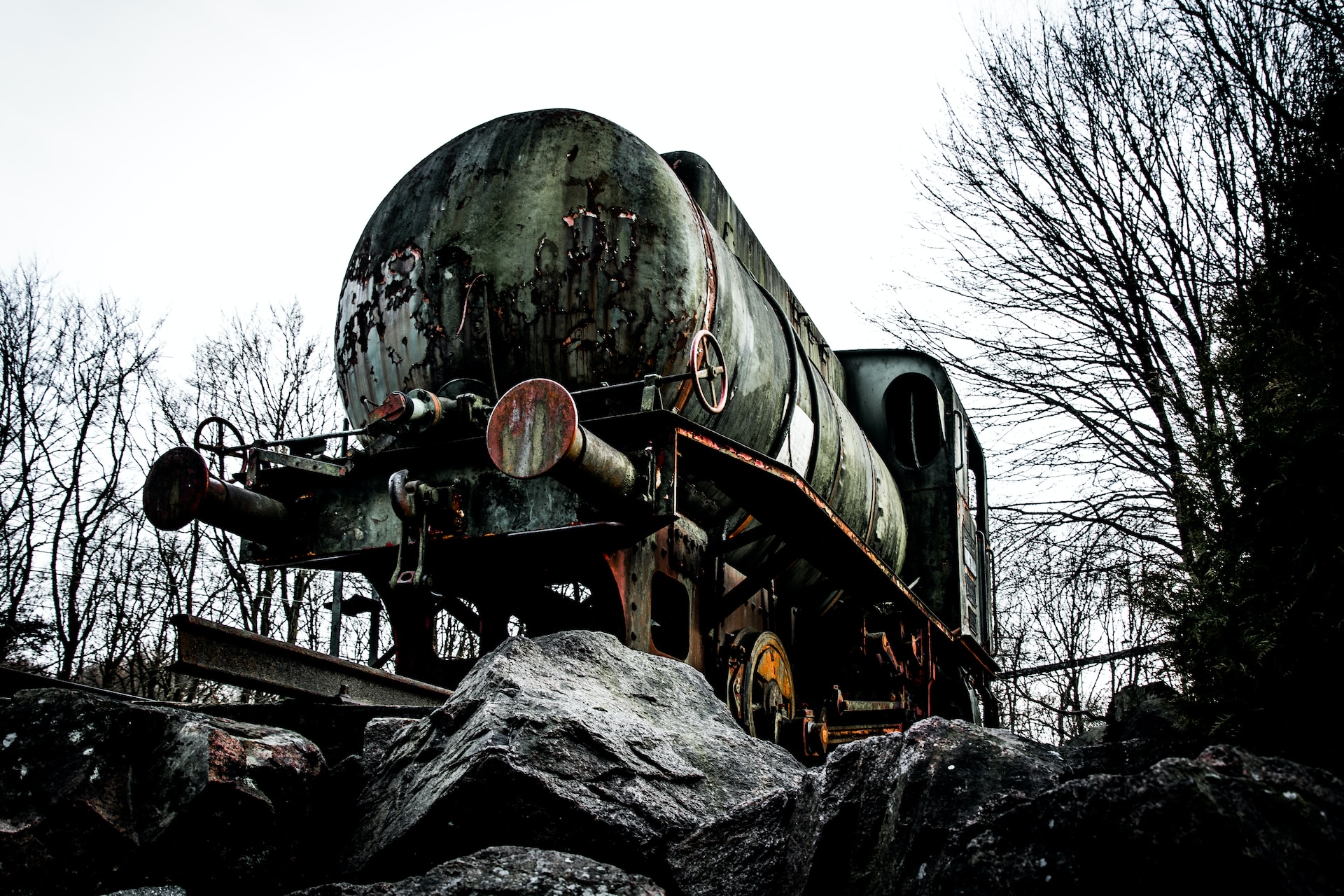 By: Katelyn Holcomb
By: Katelyn Holcomb
Florida’s Perfect Hot Tub: The Intersection of Law and Climate Change
Florida’s coastline is celebrated for its pristine beaches, refreshing ocean water, and a diverse ecosystem of sea life. However, in July of 2023, Florida made the news in much graver circumstances.
Florida’s water temperatures usually average around 88 degrees Fahrenheit in the summer.[1] However, this July, scientists recorded temperatures at 101.1 degrees Fahrenheit in some areas like Manatee Bay near Everglades National Park.[2] According to Hot Spring Spas, the ideal temperature for a hot tub measures around 100 to 102 degrees Fahrenheit—making Florida’s ocean water the perfect jacuzzi.[3] This unprecedented spike in ocean temperature has climate and ocean scientists alarmed, and you should be, too.










